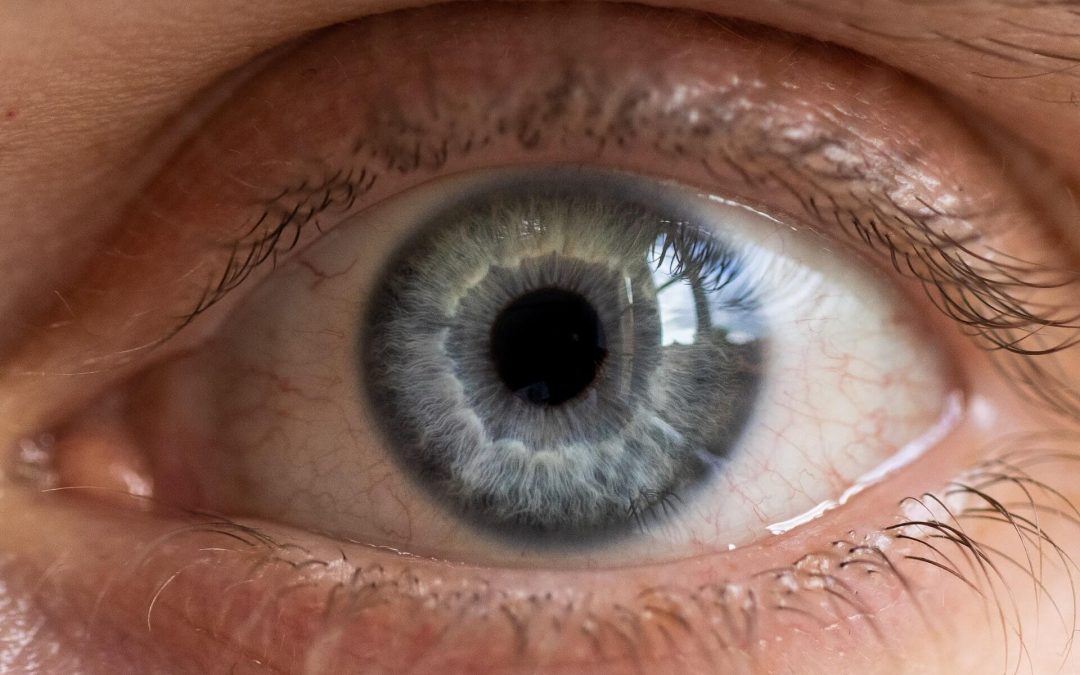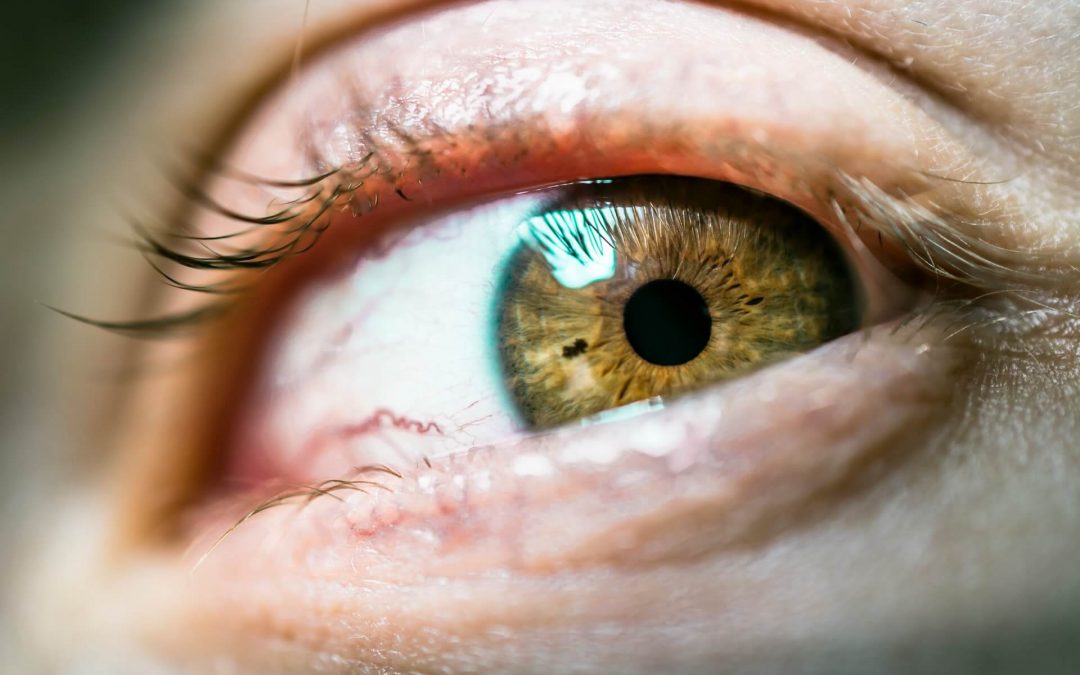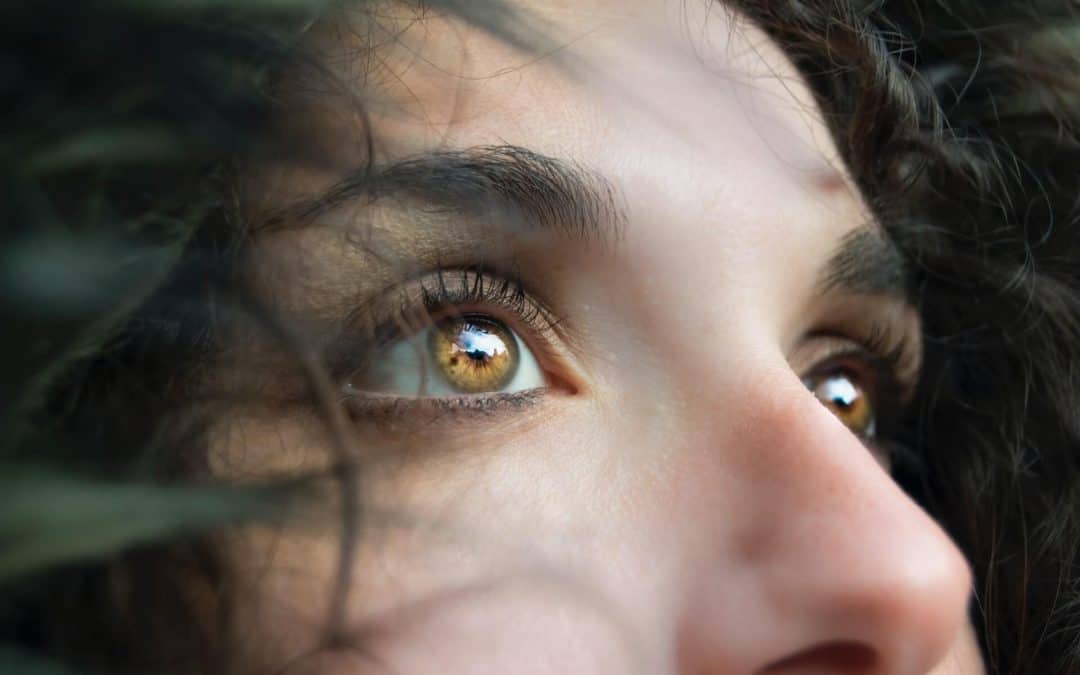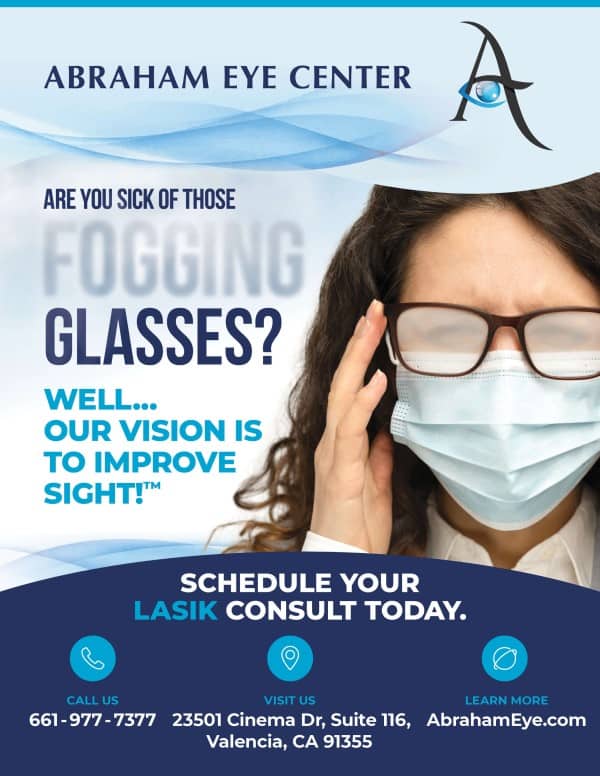
by Abraham Eye Center | Sep 11, 2022 | Vision
Whorl keratopathy, also known as corneal verticillate, is a rare condition which causes deposits to build up in the cornea. The most common cause of whorl keratopathy is as a side effect of medications. Deposition in the Cornea The cornea is the clear front...

by Abraham Eye Center | May 4, 2022 | Eye Surgery, Vision
While it can be unsettling to think about, having an injection into the eye is the preferred treatment for many eye conditions. This shot allows medication to reach the back of the eye directly and can be used as a treatment in many retinal diseases. Different Types...

by Abraham Eye Center | Mar 1, 2022 | Eye Surgery, Vision
In the next part of our series regarding infectious diseases that may result in the need for a corneal transplant, we’ll be discussing Herpes. If you are new to the series, be sure to check out our previous articles regarding Fuch’s Endothelial Dystrophy, Keratoconus,...

by Abraham Eye Center | Feb 14, 2022 | Eye Surgery, Systemic Disease, Vision
Continuing with our subseries on infections that can be treated with corneal transplants, today we’ll be discussing the worldwide leader of preventable blindness–Trachoma. What is Trachoma? Trachoma is a bacterial disease most commonly seen in third world...

by Abraham Eye Center | Nov 22, 2021 | Vision
When it comes to your eyes, you only get two! While corneal transplants and lens exchanges exist, there is currently no replacement for the eye as a whole. Therefore, we need to do our best to take care of what we have. Ocular Anatomy of Healthy Eyes To best... by Abraham Eye Center | Nov 8, 2021 | Vision
Each time you see your eye doctor, they will ask if you can be dilated. While many people hate dilation—the drops sting upon instillation, bright lights are shown into your now light-sensitive eyes, the inability to see up close for hours after your exam, and enlarged...








Recent Comments